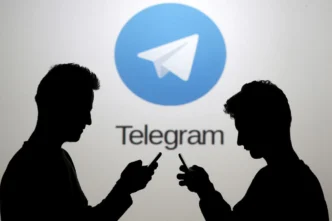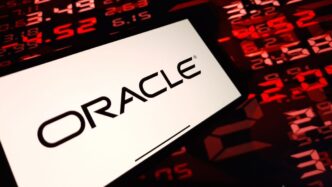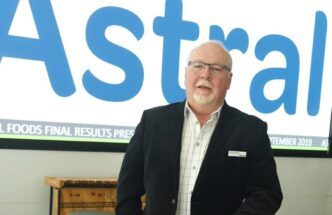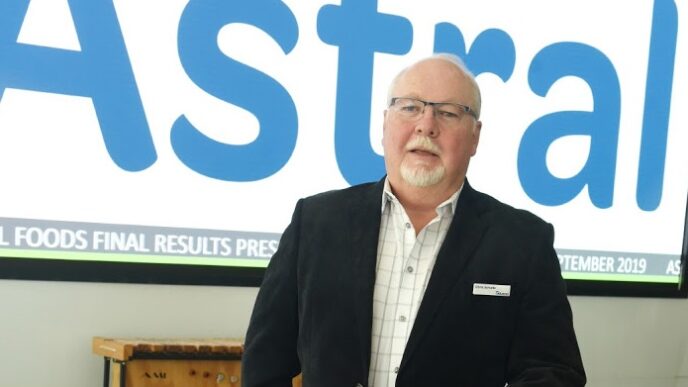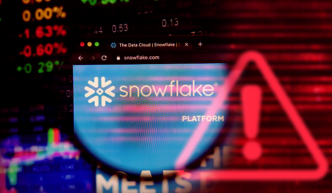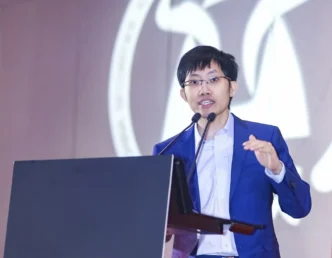A federal judge has stepped in to block Elon Musk’s Department of Government Efficiency (DOGE) from accessing sensitive personal data stored by the Social Security Administration (SSA) — a move that could have exposed millions of Americans to serious privacy risks.
The ruling, issued Thursday by U.S. District Judge Ellen Hollander in Maryland, accused DOGE of going on what she called “a fishing expedition” — searching for possible fraud with nothing more than vague suspicion to justify the intrusion. Judge Hollander pointed out that DOGE never provided a solid reason for needing access to such deeply personal information.
According to the court filing, the data DOGE sought included Social Security numbers, medical records, driver’s license numbers, tax documents, and a range of other private details. Hollander made it clear that allowing this access violated multiple federal privacy laws and exposed citizens to significant cybersecurity risks.
The filing also revealed that DOGE already had a small team embedded at SSA — 10 staffers in total, with seven of them having direct access to this highly sensitive data. Among those identified were Akash Bobba and Scott Coulter, as reported by TechCrunch.
Initially, the SSA granted DOGE access to its systems, a decision that gave the agency sweeping insight into personal information belonging to countless Americans. But Hollander’s order swiftly reversed that, ruling the access unlawful and unnecessary.
In her sharp criticism, the judge emphasized that federal privacy protections exist for good reason — especially when it comes to safeguarding personal data from being misused by government agencies lacking clear, justified purpose. “DOGE never identified or articulated a reason” for needing such access, Hollander wrote, stressing that suspicion alone doesn’t warrant breaching the privacy rights of millions.
The case now raises broader concerns about how emerging government departments like DOGE — especially those led by tech moguls — approach data privacy and citizen surveillance. For now, Judge Hollander’s ruling serves as a clear warning: government efficiency cannot come at the expense of personal privacy and federal law.


